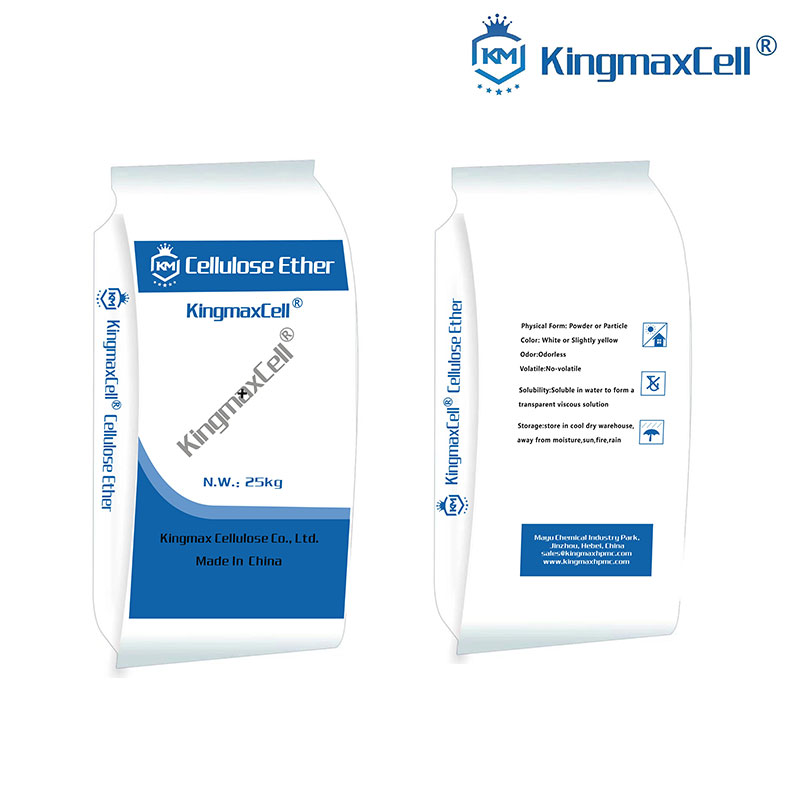The choice of thickening agent for adhesives depends on various factors including the type of adhesive, its intended application, desired viscosity, and compatibility with other ingredients. Here are some common thickening agents used in adhesives:
- Cellulose Derivatives: Hydroxypropyl methyl cellulose (HPMC), methyl cellulose (MC), and ethyl cellulose (EC) are commonly used in water-based adhesives. They provide viscosity control, improve adhesive tackiness, and enhance bond strength.
- Polyvinyl Alcohol (PVA): PVA is often used as a thickening agent in water-based adhesives. It offers good film-forming properties, flexibility, and adhesion to various substrates.
- Polyacrylic Acid Polymers: Acrylic thickeners such as carbomer and acrylic acid polymers are used in water-based and solvent-based adhesives. They provide high viscosity, shear-thinning behavior, and excellent adhesion properties.
- Polyurethane Dispersions (PUDs): Polyurethane thickeners are commonly used in water-based adhesives to improve viscosity, stability, and bonding performance. They offer good resistance to moisture, chemicals, and temperature variations.
- Clay Minerals: Bentonite, montmorillonite, and other clay minerals are used as rheology modifiers in solvent-based adhesives. They provide thixotropic behavior, shear thinning, and reinforcement of adhesive films.
- Silica Gel: Fumed silica and precipitated silica are used as thickening agents in solvent-based adhesives. They offer shear-thinning behavior, sag resistance, and improved adhesion to vertical surfaces.
- Starches and Dextrins: Natural polymers such as starch and dextrin are used in water-based adhesives as thickening agents and binders. They provide viscosity control, tackiness, and biodegradability.
- Gums and Resins: Gum arabic, guar gum, and other natural gums are used as thickening agents in water-based adhesives. They offer viscosity control, film-forming properties, and adhesion to porous substrates.
- Synthetic Polymers: Synthetic polymers such as polyvinyl acetate (PVAc) and polyvinylpyrrolidone (PVP) are used as thickening agents in water-based adhesives. They provide viscosity control, adhesion, and compatibility with various substrates.
The selection of a thickening agent depends on the specific requirements of the adhesive formulation, including viscosity, bonding properties, substrate compatibility, and environmental considerations. It’s important to conduct compatibility tests and formulation trials to determine the most suitable thickening agent for a particular adhesive application.


